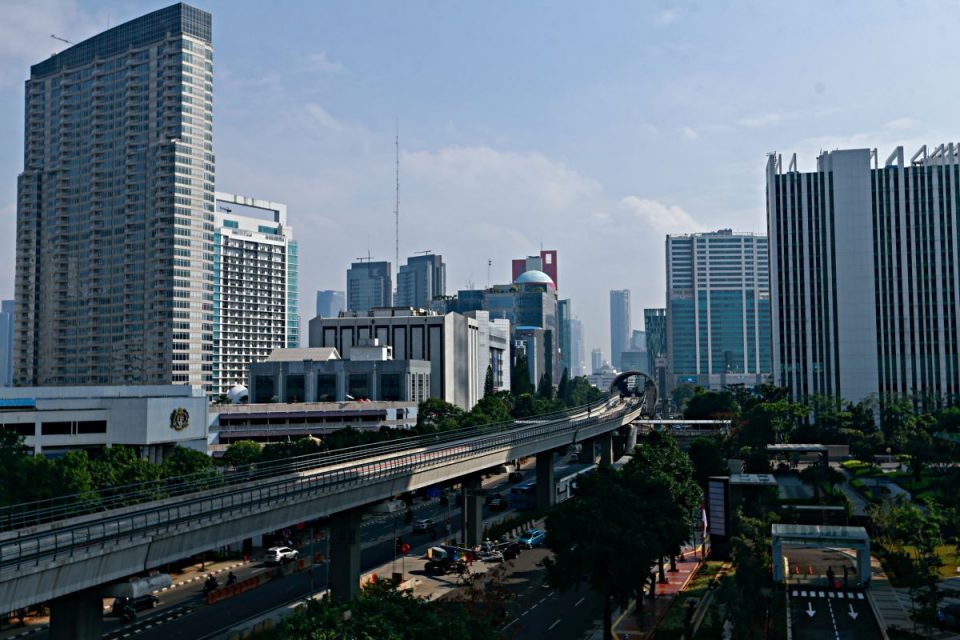JAKARTA, Oct 7 — The Indonesian Parliament passed into law one of the country’s most ambitious tax overhauls on Thursday, including raising the value added tax (VAT) rate next year, a new carbon tax and cancelling a planned corporate tax cut.
The law is aimed at optimising revenue collection and improving tax compliance after state coffers took a big hit last year due to the Covid-19 pandemic, Law Minister Yasonna Laoly told Parliament after the vote.
But some business groups and analysts have questioned the timing of planned tax hikes, with the economic recovery from the pandemic seen as still fragile.
The law calls for the VAT rate for sales of nearly all goods and services to be raised from 10 per cent now to 11 per cent next April and to 12 per cent by 2025, according to a copy reviewed by Reuters.
It would also keep the corporate tax rate unchanged at 22 per cent, compared with an earlier plan to cut it to 20 per cent next year.
Other measures approved by Parliament include a higher income tax rate for wealthy individuals, an income tax cut for most other people, a new carbon tax and a new tax amnesty programme.
Only one of 9 political parties opposed the passage in Parliament, which is controlled by President Joko Widodo’s coalition.
“The Covid-19 pandemic has given momentum and new perspectives in rearranging … the tax system to make it stronger,” Yasonna said.
The government has made some concessions from its original proposals. Initially, it had sought to raise VAT to 12 per cent in one go and proposed a minimum tax for loss-making companies suspected of tax avoidance.
“Indonesia’s revenue dynamics are likely to get a boost from the proposed tax reforms depending on when these are implemented,” said Radhika Rao, an economist with DBS, noting that next year’s deficit may come in better than the budgeted 4.85 per cent of gross domestic product (GDP).
“A phased increase in the VAT rate will be less onerous on consumers, considering that the post-pandemic recovery will be fragile and uneven,” she added.
— Reuters





